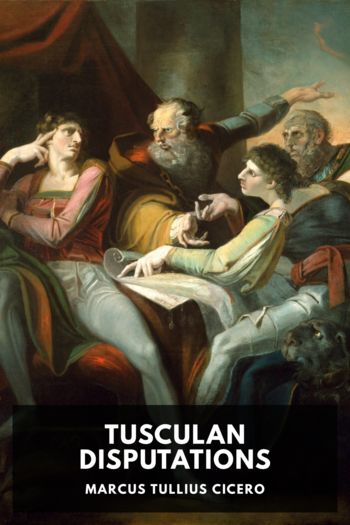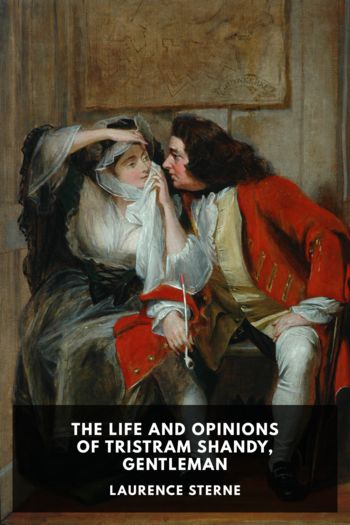Genre Other. Page - 288
All entire books of the Other genre on your device.

Description Eugene Onegin is bored: bored of the city, of parties, and of the superficial St. Petersburg social scene. So when a newly-deceased uncle leaves him his country mansion, he jumps at the chance to play the rural lord. There he meets his new neighbours Lenski, a young poet and stark contrast to Onegin’s affected nonchalance, and Tattiana, a dreamy but introverted romantic, and triggers a set of events with tragic consequences. Serialized over the course of seven years starting in

Description William Sydney Porter, known to readers as O. Henry, was a true raconteur. As a draftsman, a bank teller, a newspaper writer, a fugitive from justice in Central America, and a writer living in New York City, he told stories at each stop and about each stop. His stories are known for their vivid characters who come to life, and sometimes death, in only a few pages. But the most famous characteristic of O. Henry’s stories are the famous “twist” endings, where the outcome comes as a

Description Cicero composed these discourses while in his villa in Tusculum as he was mourning the death of his daughter, in order to convey his philosophy of how to live wisely and well. They take the form of fictional dialogues between Cicero and his friends, with each one focusing on a particular Stoic theme. The first, “On the Contempt of Death,” reminds us that mortality is nothing to be upset about. The second, “On Bearing Pain,” reassures us that philosophy is a balm for pains of the

Description Poirot Investigates is a classic collection of Agatha Christie’s short stories first published in 1924. It follows the famous Belgian detective Hercule Poirot and his companion Arthur Hastings as they solve a series of mysteries. From threatening letters to Egyptian curses to missing wills, Poirot’s little grey cells never falter. While Hastings and the reader are lost in the minutiae of the case, Poirot sees it all—and with impeccable attention to detail, finds the culprit.

Description Melville’s pen ranges far and wide in this collection of his short stories and novellas, with subjects including a faraway mountain lodge, a magnificent rooster, a haunted table, and of course the inimitable scrivener Bartleby, whose tale is now viewed as one of the great English short stories. While his earlier novels had been well received, by this point in his career his star had waned, and it was only in the early twentieth century that his work, including these short stories,

Description Oliver Twist, or The Parish Boy’s Progress was Charles Dickens’ second novel, following The Pickwick Papers, and was published as a serial in the magazine Bentley’s Miscellany between 1837 and 1839. It details the misadventures of its eponymous character, Oliver Twist, born in a Victorian-era workhouse, his mother dying within minutes of his birth. He is raised in miserable conditions, half-starved, and then sent out as an apprentice to an undertaker. Running away from this

Description The Life and Opinions of Tristram Shandy, Gentleman, a fictional autobiography of the eponymous narrator, contains—perhaps surprisingly—little about either his life or opinions, but what it does have is a meandering journey through the adventures of his close family and their associates. The book is famous for being more about the explanatory diversions and rabbit-holes that the narrator takes us down than the actual happenings he set out to describe, but in doing so he paints a

Description After an unusual mission trading catnip to the catlike Salariki of planet Sargol, Dane Thorson and other low-ranking crew members of the Solar Queen watch in horror as the rest of their crew falls mysteriously ill. Only the four men left standing—and maybe the Captain’s bizarre pet Hoobat—can save their ship from drifting through space for all time, condemned as a plague ship. Originally published by Gnome Press in 1956 under the name Andrew North, Plague Ship is the second

Description A young man stumbles into a rural public house in western Ireland claiming to be on the run after having killed his father. He immediately becomes a source of awe and an object of adoration, and even love. But what happens when the inhabitants of this tiny village find out all is not as the stranger claims? J. M. Synge first presented The Playboy of the Western World at the Abbey Theatre in Dublin on the 26th of January, 1907. The performance immediately offended Irish nationalists

Description Shakespeare wrote Much Ado About Nothing towards the middle of his career, sometime between 1598 and 1599. It was first published in quarto in 1600 and later collected into Mr. William Shakespeare’s Comedies, Histories, and Tragedies in 1623. The earliest recorded performance of Much Ado About Nothing was performed for the newly-married Princess Elizabeth and Frederick the Fifth, Elector Palatine in 1613. Shakespeare’s sources of inspiration for this play can be found in Italian